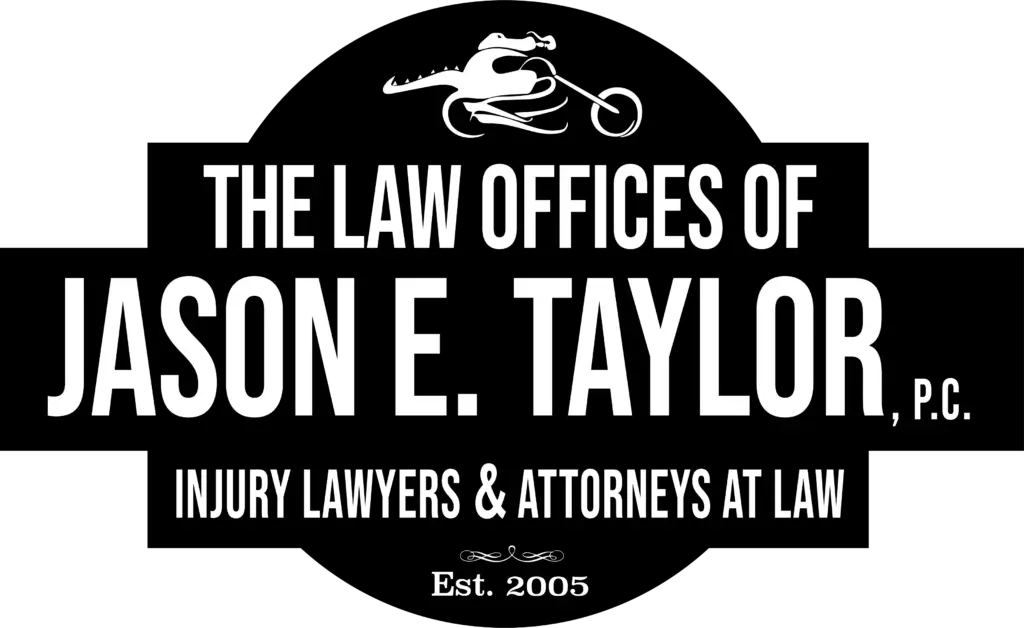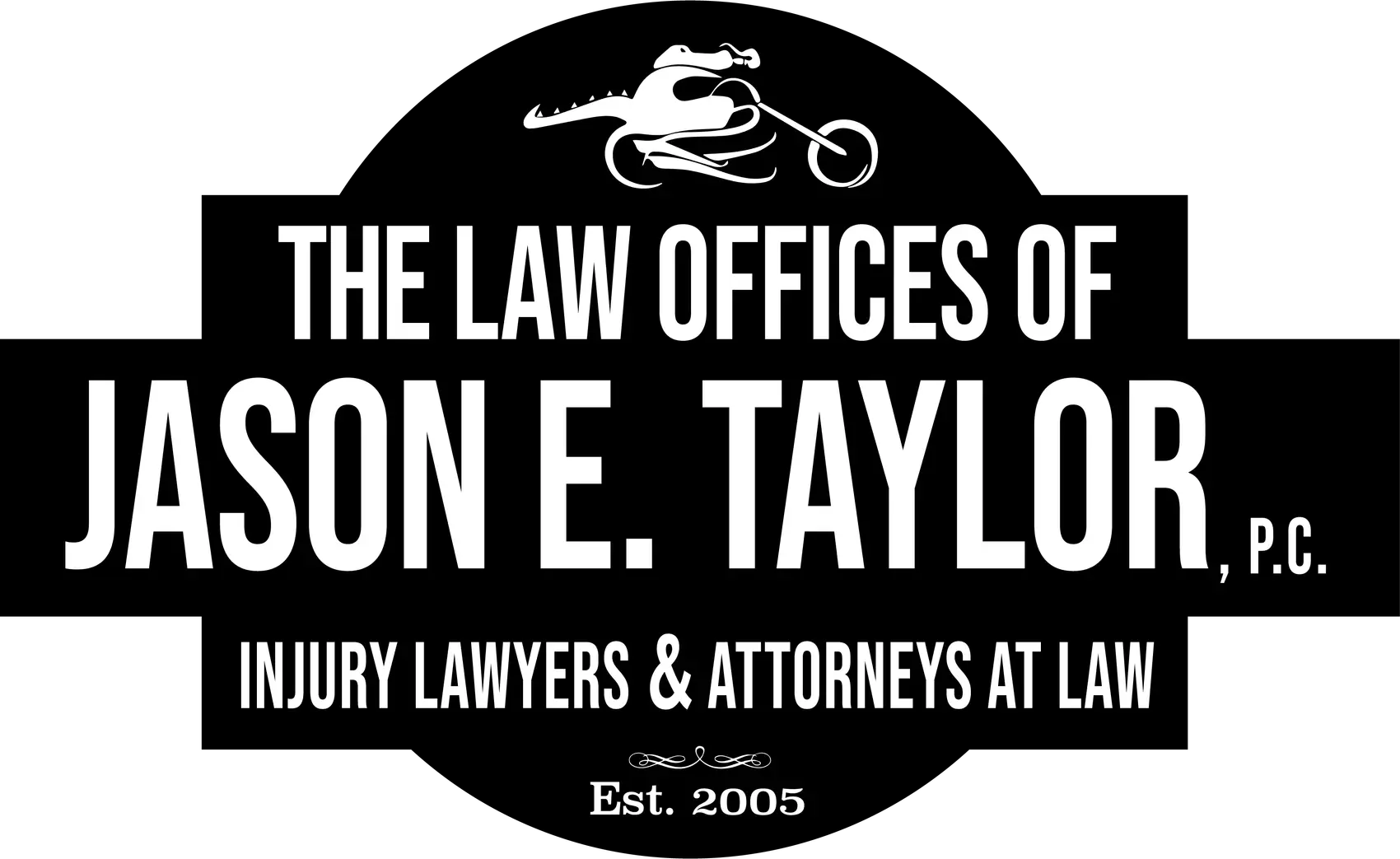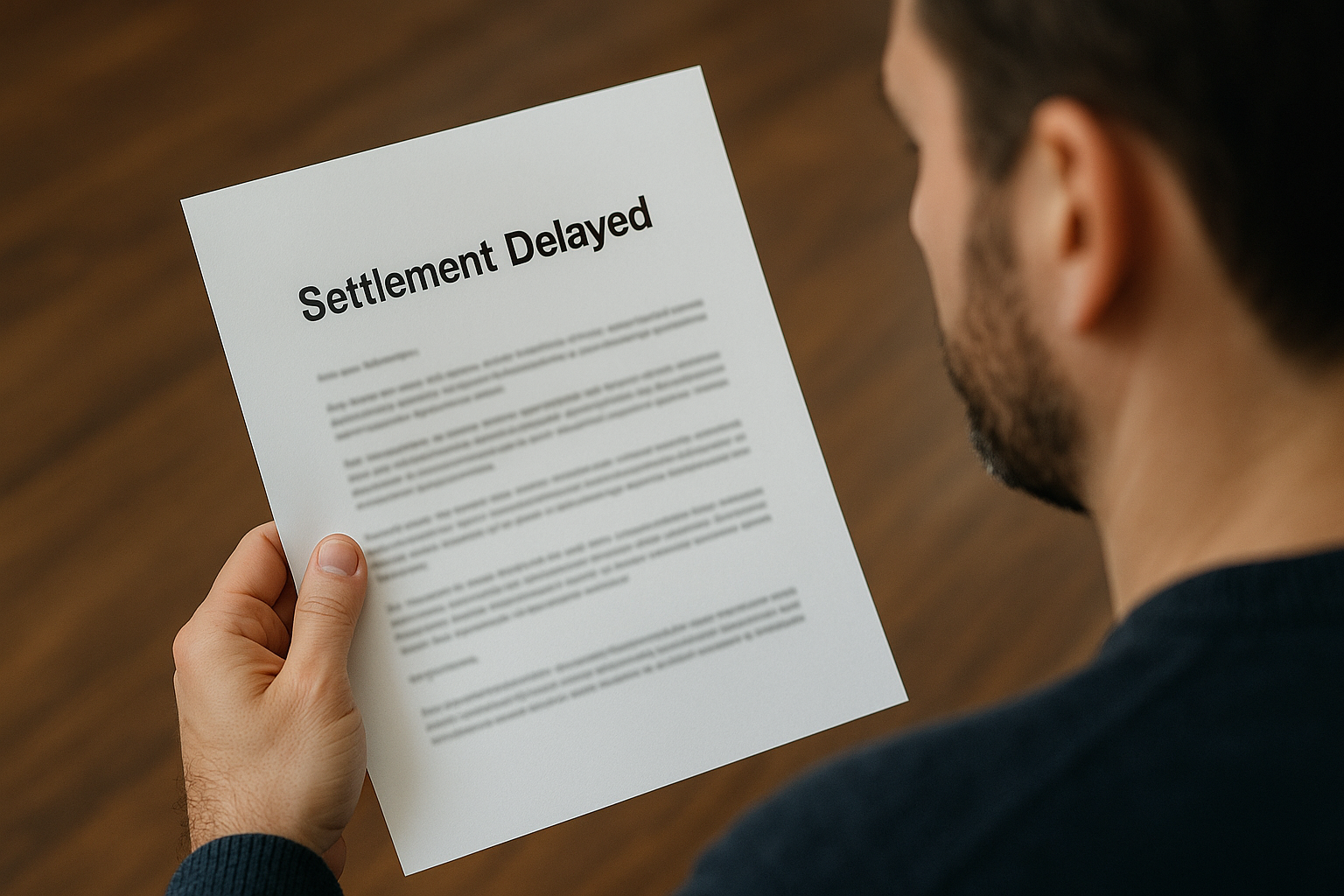Bullying can occur anywhere, including in schools. As a parent, it is your worst nightmare to have your child bullied in school. You expect them to be safe when they are away from home, but that is not always the case. Can you hold the school system responsible if your child is bullied in a South Carolina public school?
If you have questions about your rights and options regarding a bullying case, don’t hesitate to contact the lawyers at The Law Offices of Jason E. Taylor. We offer free consultations so you can learn about your rights. If you’d like to schedule yours, contact our office today.
What to Do If Your Child Is Experiencing Harassment, Intimidation, or Bullying
As a parent or guardian, you should take the following steps recommended by the South Carolina Department of Education if your child is experiencing harassment, intimidation, or bullying:
- Contact the appropriate school officials, such as the principal or assistant principal, and request an investigation.
- If unsatisfied with their course of action, submit a written company to the District Superintendent’s office for further review.
- If you feel you are not getting a prompt response to your concerns from the District Superintendent’s office, contact the Office of the Ombudsmen at the South Carolina Department of Education (SCDE) so that a course of action involving the parent and the district can be taken to resolve your concerns.
The SCDE’s ombudsman will investigate your concerns, connect you with the appropriate local school district staff, and provide them with the local school district’s bullying and harassment policies should you wish to appeal your issues to the District Superintendent or local board.
Holding the School Responsible
If you’ve followed all the steps above and are still not satisfied with the response from the school, you may want to consider taking legal action against the school district.
It is important to remember that South Carolina has sovereign immunity laws that protect government entities from personal injury or tort claims. You should keep records of all communications with the school district and document any instances of bullying that your child has experienced. This includes names of the bullies, dates and times of the incidents, and any witnesses to the bullying. An experienced attorney will be able to review your case and determine whether you have a valid claim against the school district.
If you believe your child has been the victim of bullying, do not hesitate to contact a South Carolina personal injury lawyer to discuss your legal options.
South Carolina Anti-Bullying Laws
In 2006, the “Safe School Climate Act” became a South Carolina law. The law aims to improve the learning environment in school districts throughout South Carolina.
South Carolina law states the following:
- Harassment, intimidation, or bullying means a gesture, an electronic communication, or a written, verbal, physical, or sexual act that is reasonably perceived to have the effect of:
- harming a student physically or emotionally or damaging a student’s property, or placing a student in reasonable fear of personal harm or property damage; or
- insulting or demeaning a student or group of students causing substantial disruption in, or substantial interference with, the orderly operation of the school.
South Carolina expects school districts to prohibit these acts in the classroom, school premises, school bus and bus stops, school events away from the premises, or at any function where the school is responsible for the child. Additionally, the law requires any school employee or volunteer with information about bullying to report the incident to the appropriate school official.
South Carolina Schools Must Have an Anti-Bullying Policy
According to the Safe Schools Climate Act, each school district’s policy must:
- Prohibit harassment, intimidation, or bullying of a student and include a definition
- Describe consequences for anyone committing these acts
- Explain procedures for reporting and investigating these acts
Your school district’s anti-bullying policy should be available on the school district’s website under the Code of Student Conduct. You can also ask the principal for a copy of the policy.

Contact a Lawyer in South Carolina For Assistance With Your Case
You and your family have options if your child is bullied in school. By understanding the law and your rights, you can take steps to ensure that your child is protected from bullying and harassment. An experienced attorney can help you determine if you have a case against the school district and guide you through the legal process.
If your child has been bullied, don’t hesitate to seek help. Contact an experienced South Carolina personal injury attorney at The Law Offices of Jason E. Taylor to discuss your legal options. We can help you complete the correct paperwork and bring your lawsuit before South Carolina’s statute of limitations.





